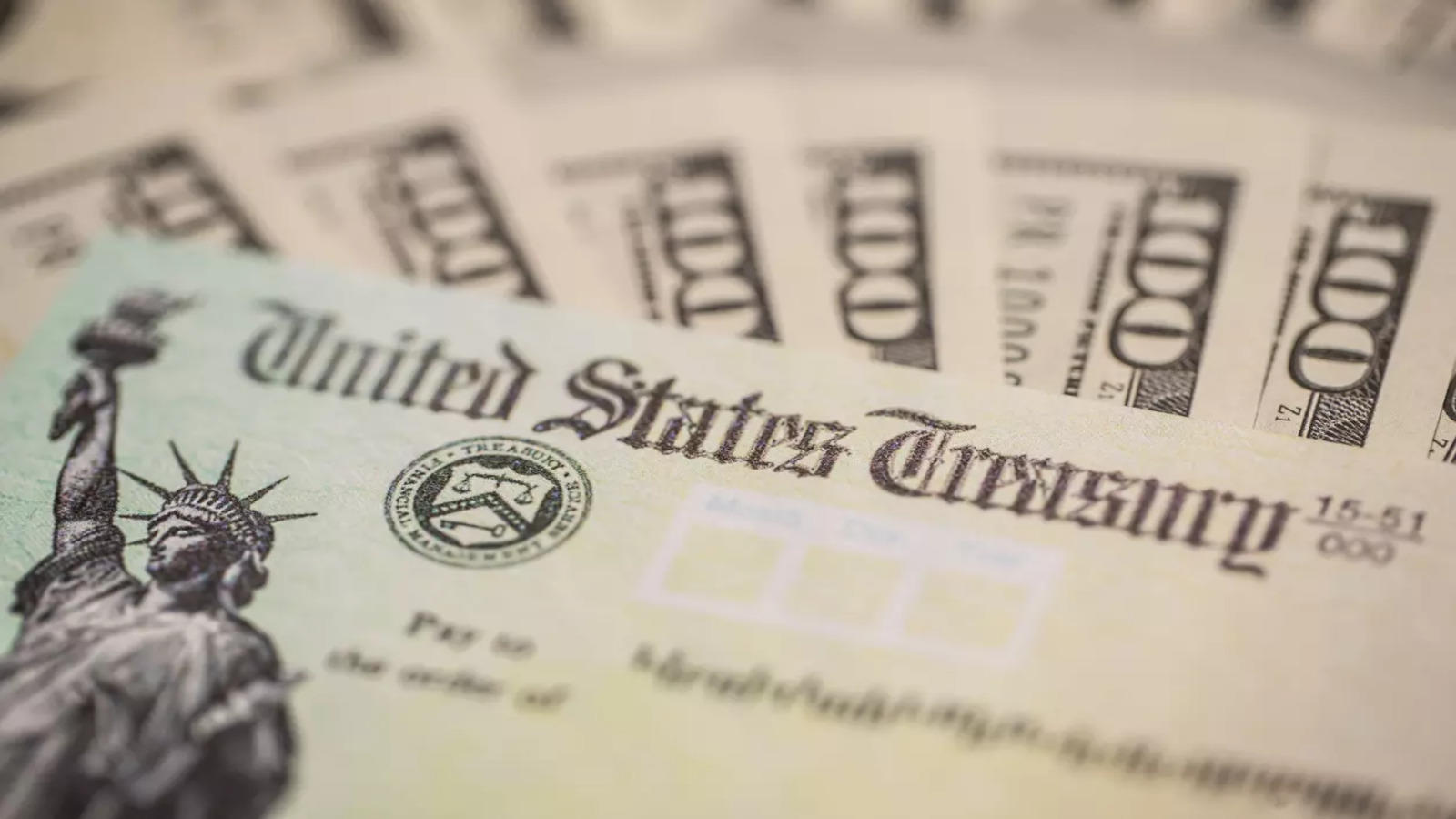Center for Economics and Business Research (CEBR) says that high-interest rates by most influential central banks in the world to combat the inflation will lead to a recession in 2023.
British consultancy in its yearly World Economic League Table said that the global economy crossed $100 trillion for the 1st time in 2022 but will halt in 2023 as policy makers are fighting against soaring inflation.
The director and head of forecasting at CEBR Daniel Neufeld said, “It is likely that the global economy will witness recession in 2023 because of higher interest rates to combat higher inflation.”





